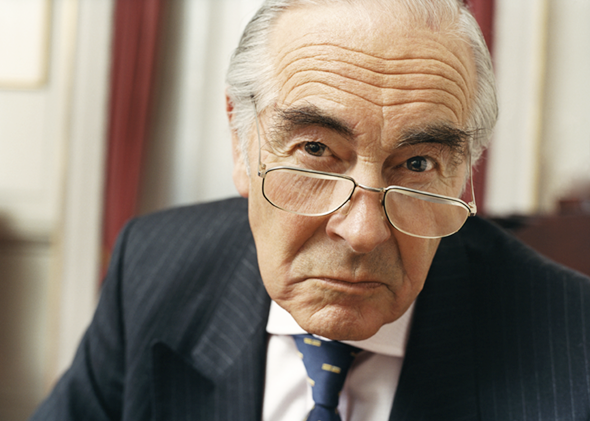
Longevity’s Culture Clash
The word “old” needs a new definition.

Life expectancy has doubled in the last 150 years, and that’s a good thing. Most people would much rather live to 80 years than to 35 or 40 years, and because of advances in biotech, people will soon be living even longer in better health. But not all good things come without controversy. There is a culture clash going on between the young and the old, but can it be solved before it gets too nasty?
“If you want to found a successful company, you should only hire young people with technical expertise,” declared Mark Zuckerberg in 2007. “Young people are just smarter,” he said. The now 30-year-old ‘Zuck’ probably regrets that comment and realizes he hasn’t become less smart with time and experience. Yet, such sentiments continue to stir debate, and even established journalistic outlets like the New York Times publish articles laced with ageist bias. “If you are 50, no matter how good your coding skills, you probably do not want to be called a “ninja” and go on bar crawls every weekend with your colleagues, which is exactly what many of my friends do,” wrote computer science student Yiren Lu.
Here’s a quick thought experiment. Replace the number ‘50’ in the above sentence with ‘a woman’ or ‘black’. Yikes, right? Why is it that age appears to be the last area in which many people still think it’s ok to discriminate?
Perhaps there’s a problem with terminology. The word ‘old’ has many definitions. We all know that ‘old’ can mean either experienced or worn, among many other adjectives. Experience is good; being worn out is bad. But today, older individuals are more likely to be healthy than at any other time in history. So what to do?
One way to solve the problem is through education. TechCrunch recently published a “40 Over 40” list of digerati to showcase the fact that not all cool things in tech are being done by 20-somethings. One of the co-authors of the list, Frank Barbieri, wrote a blog post explaining why he thought the list was needed. As he puts it, “The myth of older founders is pernicious: too comfortable, they don’t think big enough, not hungry enough, etc. Elon Musk (43) doesn’t think big enough? Hadi Partovi (41) is resting on his laurels with the founding of code.org? Where does the correlation of age to the myth of The Valley hero/heroine come from? One of the very founders of Silicon Valley itself, Robert Noyce, founded Intel when he was 41.”
It’s not just in Silicon Valley where innovation tends to bloom after people hit their 40s, but it happens in all areas and industries (excluding math, where innovation still peaks early). Consider that Leonardo da Vinci was 51 years when he started painting the Mona Lisa, Wilhelm Conrad Röntgen was 50 when he discovered the x-ray, Benjamin Franklin was 46 when he did his famous kite experiment verifying the nature of electricity. And Franklin kept going into older age: he was 55 when he invented the glass armonica and 78 when he invented bifocals.
Academic and author Vivek Wadhwa has published a series of research projects on entrepreneurship and age. Contrary to the myth that entrepreneurs are mostly young with no families, Wadhwa’s data shows that the average age of male founders in twelve high-growth industries was 40, and the average age of female founders was 41. What’s more, the majority had two or more kids. He also found that “the average age of U.S. entrepreneurs is actually rising, with the highest rate of entrepreneurial activity shifting to the 55–64 age group.” This makes sense as longevity is extending.
Another way to tackle the problem of ageism is through law. The company Staples found out the hard way that age discrimination is super-expensive when a court awarded $26 million to a man who claimed company employees called him an ‘old goat’ at staff meetings. Twitter is one of the most recent tech companies to be hit with an age discrimination lawsuit and in 2011, Google spent millions settling with Brian Reid who was fired from the company at age 54 after being told that he was an “old fuddy-duddy whose ideas were too old to matter.”
Longevity, combined with health, has many advantages and one of them is the spurring of innovation. But one of the downsides is in dealing with the cultural bias that older people are worn. Old needs to be re-defined. Old means experience, wisdom, and patience. Those traits, combined with health, will make society better. It’s time to change our culture around the idea of old – it isn’t okay to discriminate. Let’s all just grow up and get along.